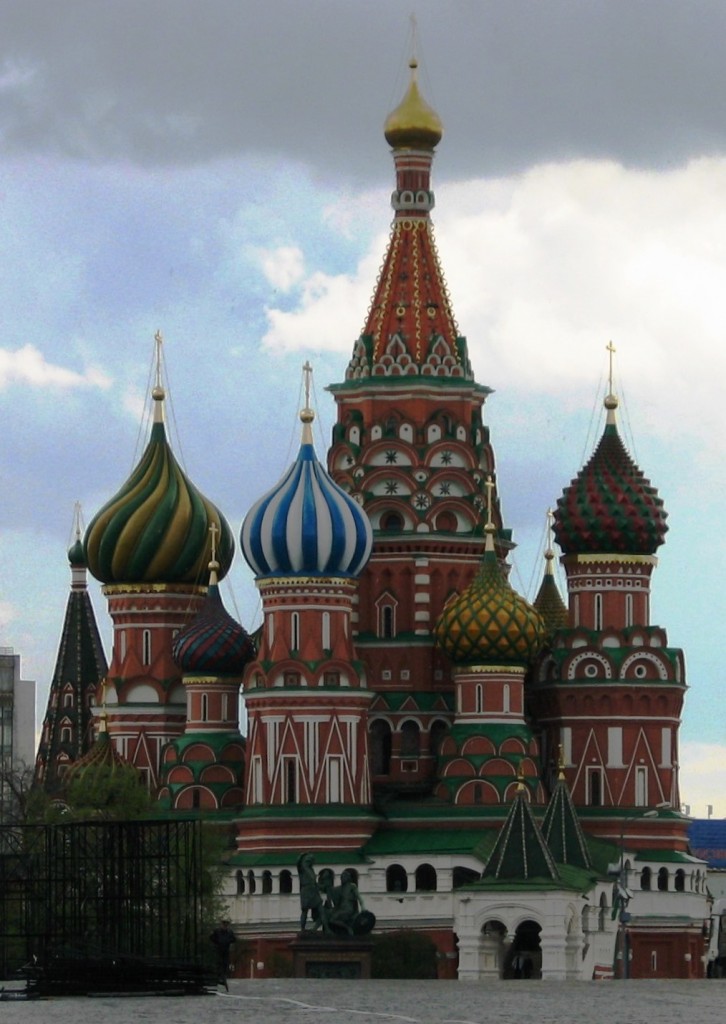Hyphen(-)less Adoption
As Seen in the Huffington Post
Three cheers for the families of Jessica Long! I hope that just as I, you watched and shed a few tears over the story of Jessica Long, the thirteen world record holder paralympian swimmer. Several times between coverage of the Winter Olympics last weekend, NBC featured the story of Jessica meeting her Russian parents for the first time.
Five of my nine children are from Russia and two of those are biological sisters to two little girls we adopted earlier. We didn’t know about the older sisters until later and it took another eighteen months after the first Russian adoptions to find and adopt the teenaged sisters. So, you could say that my family has a keen interest in first-family reunions. Oops… there’s my first fumble.
What I immediately noticed in the reunification story of Jessica Long is that there were no hyphens. I watched her parents, here in the states, talk about her family in Russia. They didn’t talk about her meeting her birth-mother. I never heard them say birth-father. I watched the parents who raised Jessica talk about meeting her mother. That’s it. No descriptives; no qualifiers; no… hyphens. The parents who raised the daughter that other parents created were not threatened by their daughter’s desire to know who she was; who she “looked like” and where she came from. They were happy that their daughter had discovered her other family. They shared in her joy that it was not a broken family. Those parents in the U.S. had not hoped that their daughter would find misery so that she would return with her loyalty priorities “in order.” They didn’t feel threatened. (Or if they did, they did exactly what they needed to do by dealing with their own feelings privately while showing their daughter only support and joy.)
I wish that every adoptive parent would embrace their child’s
desire (if they have it) to find out about the rest of THEM.
Then there was Jessica. What an incredible example of showing nothing but grace. She wasn’t there to judge anyone (what a lesson I should take from that!). She wanted to know her history. She wanted to know about the rest of her. And while any person who has been adopted must have questions, and has to deal with demons (if only of the unknown), Jessica showed only love and acceptance of parents who gave her life, parents who gave her a home, and countries that gave her another chance.
I cried as I watched the happiness of the mother that gave Jessica life, shared by her daughter, as they embraced and kissed, again and again and again. I watched the man who was Jessica’s first father shed tears as he could finally see with his own eyes that the daughter he placed for adoption was alright; that she was happy, beautiful and strong. By the end of the reunion, I wanted to hug those parents from Russia. I never heard anyone talk about “real” parents. There were no backhanded compliments or degrading sentiments. There was only joy for Jessica and both of her families. What incredible people! No wonder their genes combined to make a champion.
Sadly, I know that all reunions cannot have such happy outcomes. Sometimes they only produce pain for all involved. Does that mean no one should climb a mountain for fear of someone falling down? I hope not! I wish that every adoptive parent would embrace their child’s desire (if they have it) to find out about the rest of them. I wish that every one of them would support their child, boost them, lift them, and when necessary, carry them in their desire to climb the mountain of reunification. And if the child is hurt in that climb, as they often are, I wish that every parent would mourn with them while helping them to heal. After all, that’s one of the greatest responsibilities in parenting.
As an adoptive-dad, I want to grow up to be like Jessica’s parents (either set would do). I want to be able to talk about adoption families without hyphens.

